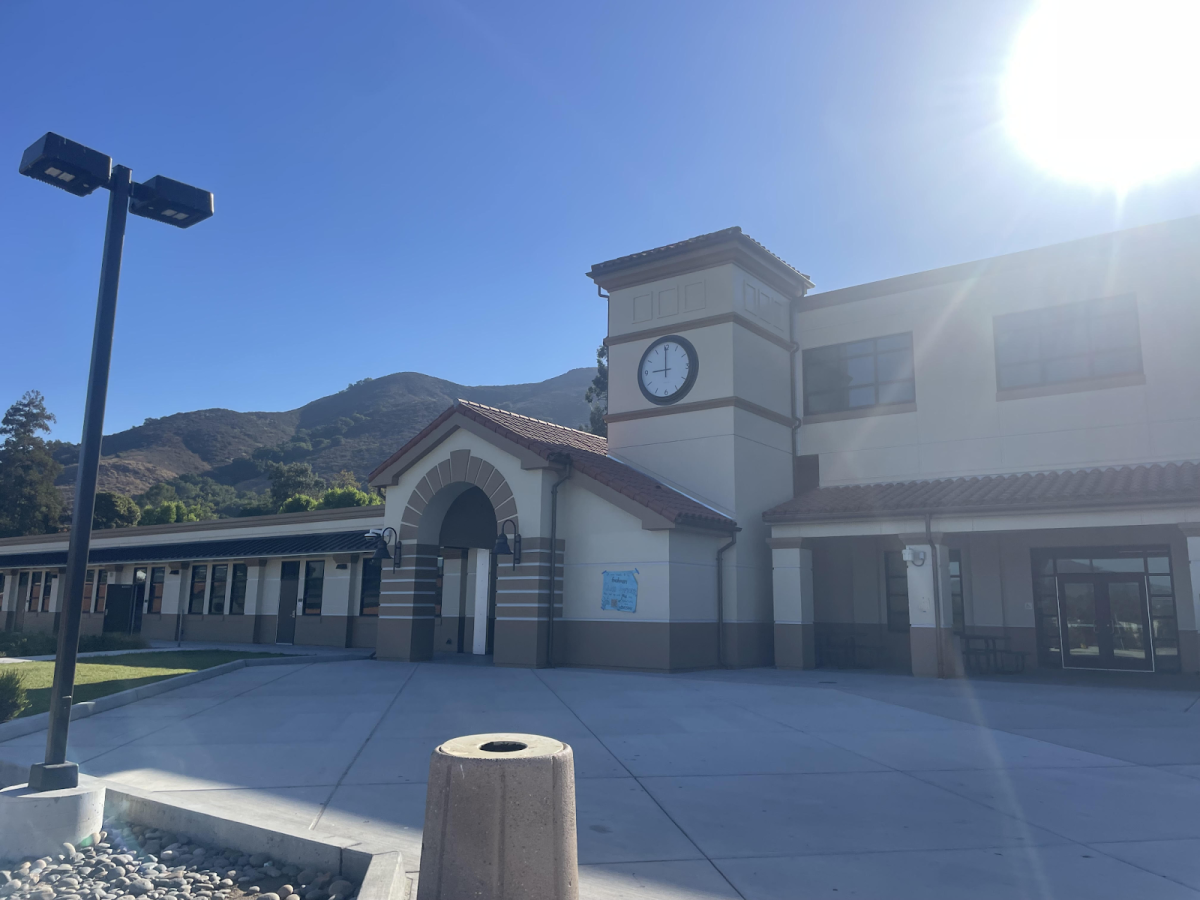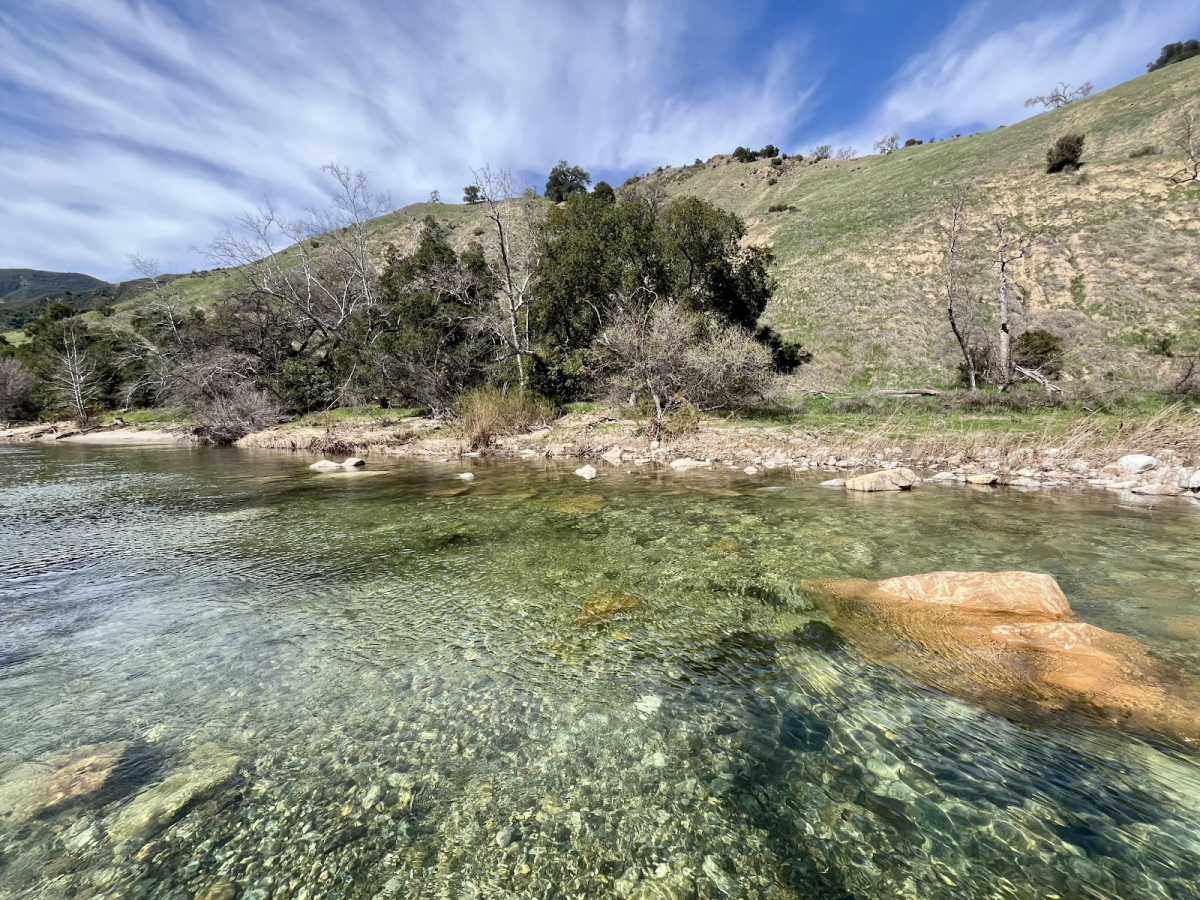The infamous “Drill, baby, drill!” is swirling around the Head of President Donald Trump at all times. Photo graphic courtesy of Sophia Chaves.
When Donald Trump ran for president in 2016, his campaign slogan “Make America Great Again” promised to restore pride, jobs, and power to the American people. But beneath that patriotic surface, critics argue that one of Trump’s most lasting legacies was not greatness, but dismantling decades worth of environmental protection.
On July 1 2017, Trump announced pulling out of the Paris Agreement, which required participating countries to use national efforts to limit greenhouse gas emissions that are heating the planet. Leaving this agreement took a three year delay, only officially happening on November 4, 2020.
From leaving this agreement, to rolling back pollution controls, the Trump administration’s environmental policies sparked outrage among scientists, environmentalists, and citizens around the world.
And in his second term, the attack rages on.
“I think the environment is important because money changes, but the earth stays the same, and we want to protect the earth for others in the future,” said sophomore Nayla Sedeek.
Sedeek notes on how the ever-evolving economy contrasts from our Earth, which will forever be housing us. If our civilization keeps treating the earth the way we are treating it, there won’t be anything left.
“When rules about pollution are changed, companies that mass produce a lot of waste and one-use products will benefit, and the companies with eco-friendly products and sustainable industries will be harmed because people won’t feel the need to buy their more expensive, sustainable products to help the environment,” said sophomore Parker Moerman.
This viewpoint can be used to criticize how Trump has really loosened the leash on pollution laws, creating more of a risk to environments near factories, and the people who live near them.
“I think that our leaders should focus on both the environment and the economy because they are both extremely important factors. If a leader focuses on the economy then the environment will suffer, but if a leader only focuses on the environment then the economy will suffer. So I don’t think it’s really fair to say that a leader has to choose one, I think the big job is balancing them,” continued Moerman.
Moerman expands on how the debate between economic prospects, and environmental cautions is pointless. The question isn’t which concept, it’s how we preserve both of them.
“I think that preserving both the economy and the environment is the answer, we can’t just pick and choose,” said sophomore Addison Hopple.
In the end, Donald Trump’s environmental legacy is one of sharp contrasts and enduring debate. While his administration prioritized economic growth and energy independence,critics argue that it came at a steep cost to climate progress and ecological protections. As the U.S. continues to grapple with the realities of climate change, the lasting impacts of these policies remain a point of contention—reminding us that the choices made in Washington echo far beyond the halls of power, shaping the future of our planet for generations to come.

































